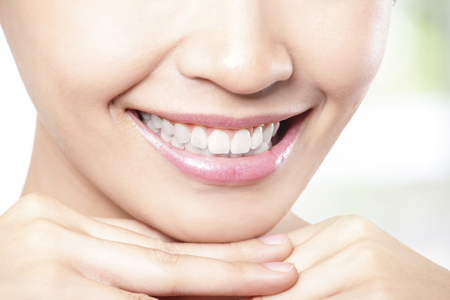Why Do I Need to Take a Probiotic?
For people who are reading our blog for the very first time or those needing a refresher course in good gut health habits, you may be wondering why we devote so much space to explaining why you need to take a probiotic.
There are A LOT of reasons for taking probiotics, in addition to promoting good gut health! Fortunately, you don’t have to do the research.
What follows are 10 important reasons why you should be taking probiotics for your good health, based on the latest research.
- Many cheap brands of probiotics contain a single strain of beneficial bacteria, which may be good for a specific problem. However, a multi-strain probiotic protects the diversity of your gut and treats common gut health problems like constipation too.
- Do you use an over-the-counter medication like loperamide (Imodium) to treat a case of diarrhea? Taking a probiotic is one of the most effective ways, not only to get rid of diarrhea, but to prevent it altogether.
- Irritable bowel syndrome (IBS) can do great harm to your gut and your emotions, disrupting your body’s gut-brain axis. Taking a probiotic and a prebiotic (EndoMune Advanced Probiotic and Endomune Jr. Probiotics for Kids contains both) may be a good way to treat IBS and depression without a drug.
- Are you taking antibiotics more than once a year to treat persistent infections? Antibiotics rapidly deplete the beneficial bacteria and make you more vulnerable to serious diseases such as colon cancer and more serious antibiotic-resistant infections. Taking a daily probiotic gives your body extra protection by replenishing the beneficial bacteria your body needs.
(You’ll also do your health a great deal of good by avoiding contact with antibacterial soaps that contain broad spectrum and synthetic antimicrobial compounds like triclosan too.)
- For patients who suffer from migraines, scientists have recently discovered a link between those painful headaches and nitrates, a common food additive. Some gut health experts believe taking a probiotic may become a safer, non-drug answer to treat migraines.
- Have problems with your teeth? Taking a probiotic is good treatment, as it may be a one more way to heal chronic periodontitis and reduce inflammation and levels of gingivitis and plaque, in addition to regular dental care.
- Hypertension can be a warning sign of serious health problems behind the scenes and even death. Taking a daily probiotic can improve your overall health, lower your blood pressure safely and lessen your dependence on prescription medications.
- Do you fly for your job or pleasure on a frequent basis or work a swing shift? The balance of bacteria in your gut is affected your body’s circadian rhythms as you cross time zones — often due to jet lag — but taking a probiotic prevents that yo-yo effect from harming your health.
- Protecting your sleep is an important part of restoring your body night after night. Be sure that any probiotic you consider taking also contains a prebiotic that can help you improve your sleep.
- Are you a new parent losing sleep over your baby’s prolonged crying due to colic? A number of studies point to probiotics as a safe, healthy way to lessen colic and prevent other common problems for babies like acid reflux and constipation.
Why Do I Need to Take a Probiotic? Read More »



